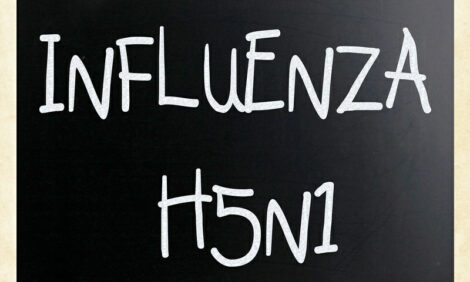



No Contaminated Whey Protein Shipped To Russia
NEW ZEALAND – No contaminated whey protein has been imported into Russia, Dairy Cooperative Fonterra has confirmed.Belarus and Kazakhstan have also been declared safe. Fonterra has stated that no whey protein as basic product or as an ingredient has been supplied.
This comes after a botulism scare in which 38 tonnes of Fonterra’s WPC 80 product was confirmed as being tainted with clostridium botulinum in May 2012.
Products affected are infant milk replacers, infant growth formula, sports drinks and calf milk replacers in which the three batches of WPC product is used as an ingredient.
A spokesmen in charge of Fonterra sales to the region commented: “Fonterra primarily supplies butter and cheese to the Russian market and these are not made using whey protein concentrate.”
Last week, Fonterra announced its own independent review, to include specialists with science and judicial backgrounds.
The aims of the review are to find out what happened and why. This is hoped to avoid any repeat occurence by building in systems and procedures into Fonterra’s supply chain.
John Wilson, Fonterra Chairman said the company had ‘serious lessons to learn’ and expected review findings to challenge the nature of the business on many fronts.
Members of the public are calling for an industry shake-up with concerns being voiced about the size of Fonterra, which processes around 95 per cent of the milk produced in New Zealand.
While some say more competition would be good for the processing sector, the focus within the industry is to safeguard the food safety image of New Zealand and any trading losses.
Executive Director of the Dairy Companies Association of New Zealand (DCANZ), Kimberly Crewther said that the market consequences are, as yet, hard to predict.
She said that there has been a ‘measured response’ from the market place, including last week’s Global Diary Trade Auction and stated DCANZ is hopeful that it can limit any trading losses.
“It is too early to tell what impact it will have on milk prices, but so far it has been a measured response in terms of the global marketplace (including at last weeks Global Dairy Trade Auction) so we are hopeful our work with international markets has contained any impact,” said Mrs Crewther.
Rapid communication and good protocol following the discovery leads Mrs Crewther to believe that trade should continue to flow because of foreign markets retaining confidence in New Zealand systems.
Mrs Crewther concluded: “DCANZ is comfortable that the response to this serious incident positively highlights the robust processes and adherence to the principles of self-disclosure and trust associated with New Zealand’s food safety system. We’ve seen Fonterra identify an unusual result, investigate it, and put consumer safety first by notifying regulators, customers and consumers. As a general approach this is exactly what the public should want and expect from companies.”
Michael Priestley
News Team - Editor
Mainly production and market stories on ruminants sector. Works closely with sustainability consultants at FAI Farms



